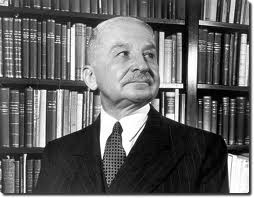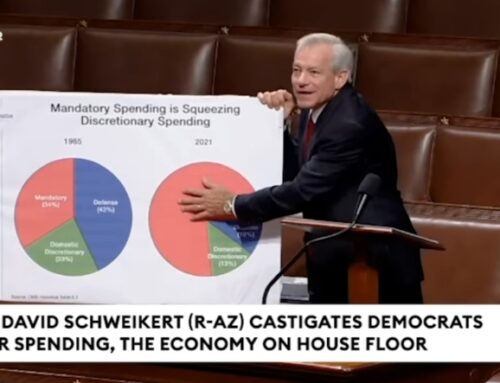Mises died in 1973.
Capitalism:
- [Accustomed] to the conditions of a capitalistic environment, the average American takes it for granted that every year business makes something new and better accessible to him. Looking backward upon the years of his own life, he realizes that many implements that were totally unknown in the days of his youth and many others which at that time could be enjoyed only by a small minority are now standard equipment of almost every household. He is fully confident that this trend will prevail also in the future. He simply calls it the American way of life and does not give serious thought to the question of what made this continuous improvement possible.
- Full government control of all activities of the individual is virtually the goal of both national parties.
- Those politicians, professors and union bosses who curse big business are fighting for a lower standard of living.
- True, governments can reduce the rate of interest in the short run. They can issue additional paper money. They can open the way to credit expansion by the banks. They can thus create an artificial boom and the appearance of prosperity. But such a boom is bound to collapse soon or late and to bring about a depression.
- The market economy needs no apologists and propagandists. It can apply to itself the words of Sir Christopher Wrens epitaph in St. Pauls: Si monumentum requiris, circumspice. [If you seek his monument, look around.]
- The issue is always the same: the government or the market. There is no third solution.
- If one rejects laissez faire on account of man’s fallibility and moral weakness, one must for the same reason also reject every kind of government action.
- A society that chooses between capitalism and socialism does not choose between two social systems; it chooses between social cooperation and the disintegration of society. Socialism is not an alternative to capitalism; it is an alternative to any system under which men can live as human beings.
Leviathan:
- There is simply no other choice than this: either to abstain from interference in the free play of the market, or to delegate the entire management of production and distribution to the government. Either capitalism or socialism: there exists no middle way.
- Most people joined the staff of the government offices because the salary and the pension offered were higher than what they could expect to earn in other occupations. They did not renounce anything in serving the government. Civil service was for them the most profitable job they could find.
- The interventionist policy provides thousands and thousands of people with safe, placid, and not too strenuous jobs at the expense of the rest of society.
- In the unhampered market economy there are no privileges, no protection of vested interests, no barriers preventing anybody from striving after any prize.
- All attempts to coerce the living will of human beings into the service of something they do not want must fail……Economic affairs cannot be kept going by magistrates and policemen.
- The collectivists idolize only the one true church, only the great nation . . . only the true state; everything else they condemn. For that reason all collectivists doctrines are harbingers of irreconcilable hatred and war to the death.
- A sound monetary policy is one of the foremost means to thwart the insidious schemes of communism.
- Government is not, as some people like to say, a necessary evil; it is not an evil, but a means, the only means available to make peaceful human coexistence possible. But it is the opposite of liberty. It is beating, imprisoning, hanging. Whatever a government does it is ultimately supported by the actions of armed constables.
Money and Credit:
- Credit expansion is not a nostrum to make people happy. The boom it engenders must inevitably lead to a debacle and unhappiness.
- If the credit expansion is not stopped in time, the boom turns into the crack-up boom; the flight into real values begins, and the whole monetary system founders.
- The final outcome of the credit expansion is general impoverishment.
- Credit expansion is the governments foremost tool in their struggle against the market economy. In their hands it is the magic wand designed to conjure away the scarcity of capital goods, to lower the rate of interest or to abolish it altogether, to finance lavish government spending, to expropriate the capitalists, to contrive everlasting booms, and to make everybody prosperous.
- If one regards inflation as an evil, then one has to stop inflating. One has to balance the budget of the government.
- If the practice persists of covering government deficits with the issue of notes, then the day will come without fail, sooner or later, when the monetary systems of those nations pursuing this course will break down completely. The purchasing power of the monetary unit will decline more and more, until finally it disappears completely.
- What the doctrine of balancing budgets over a period of many years really means is this: As long as our own party is in office, we will enhance our popularity by reckless spending.






